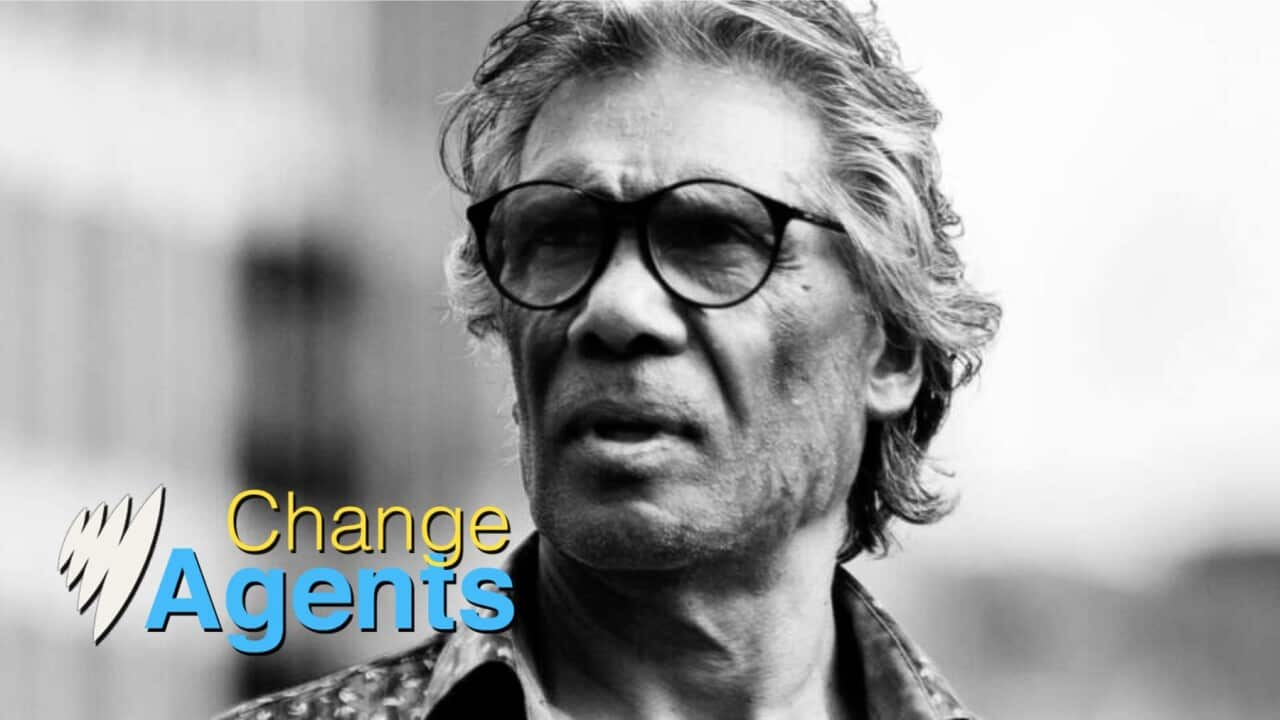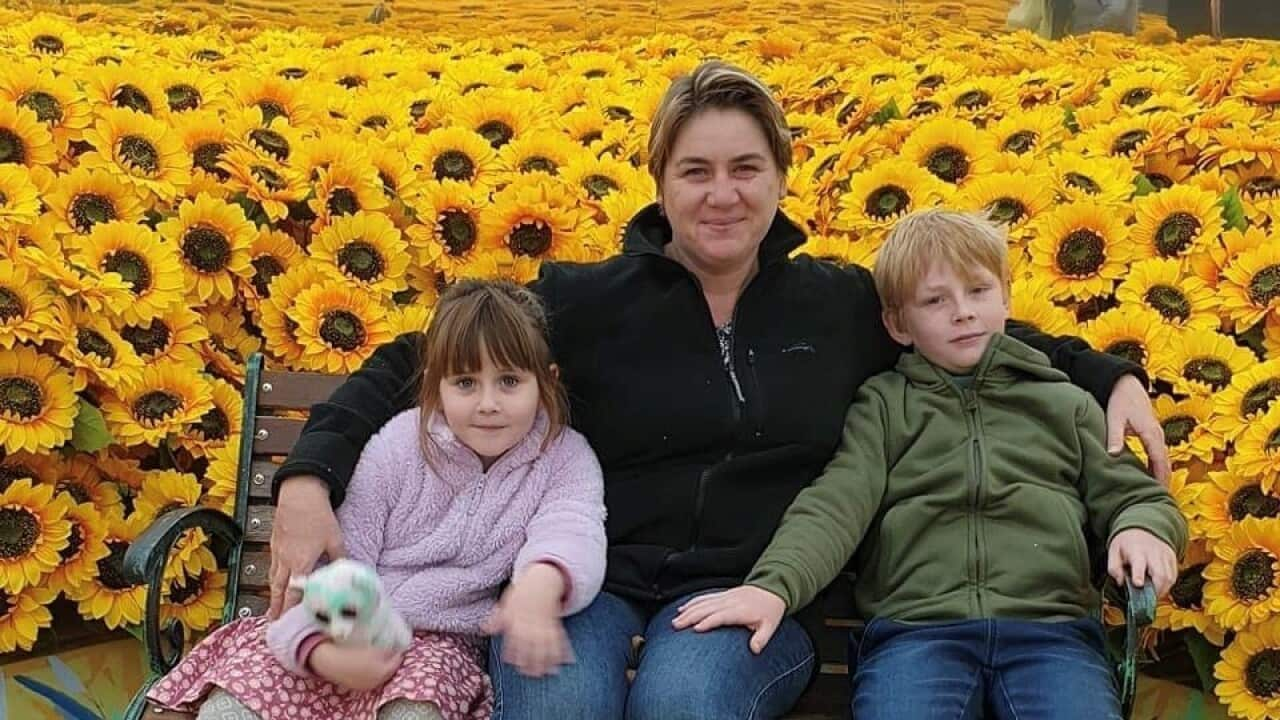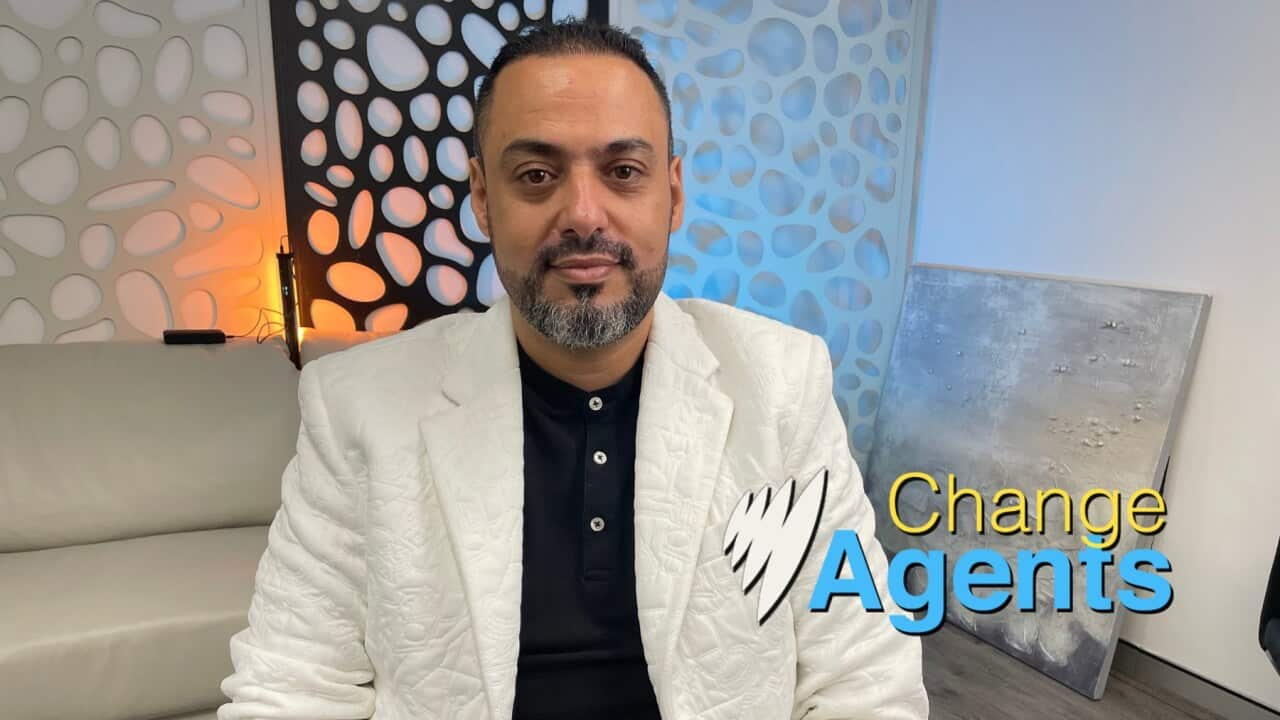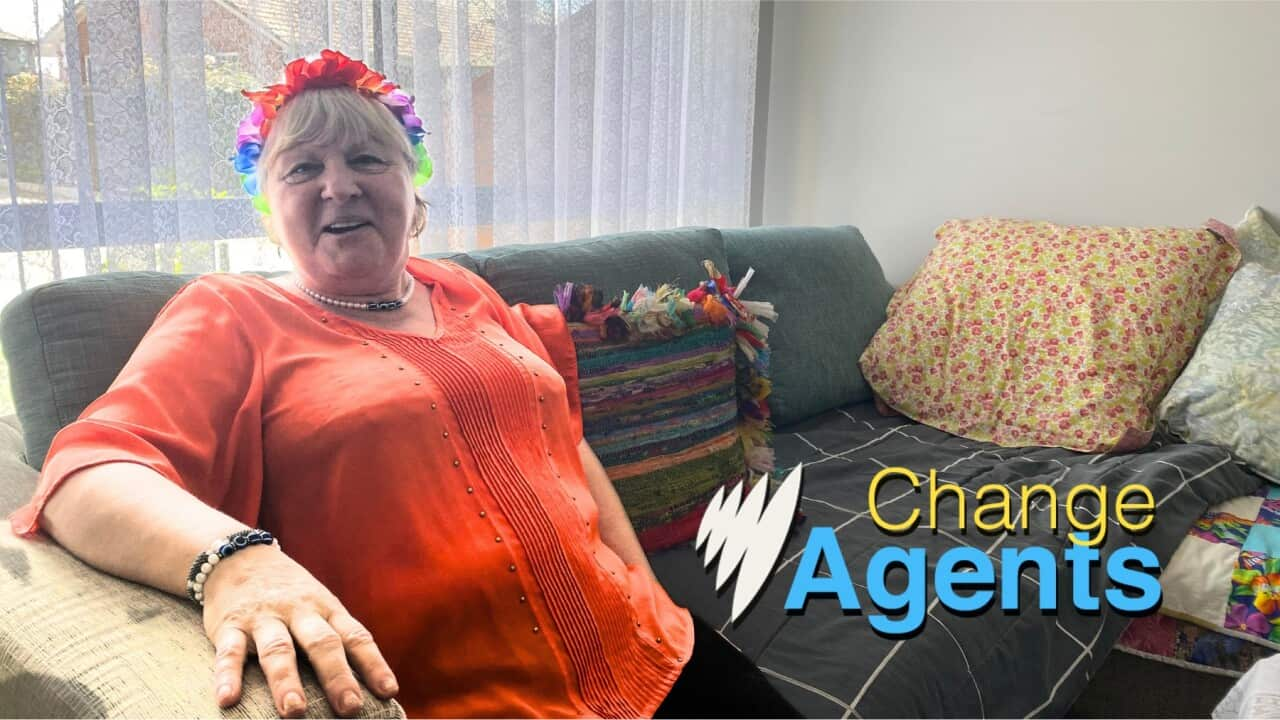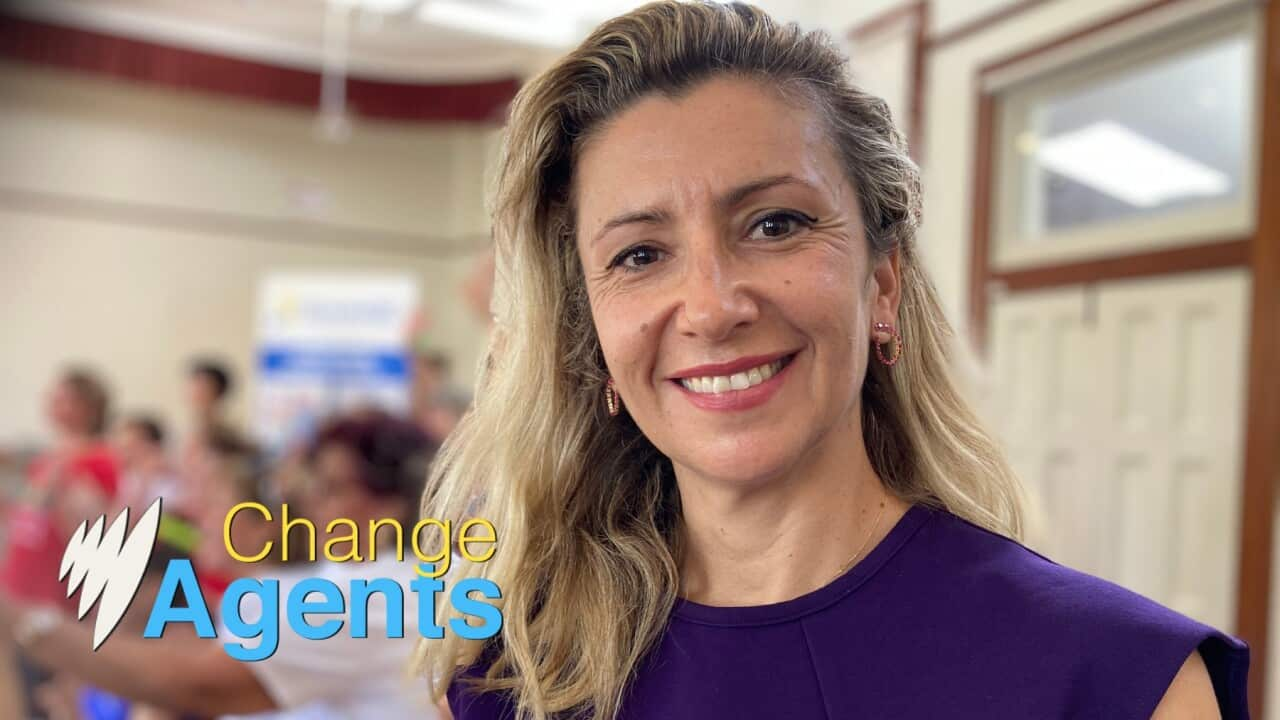TRANSCRIPT
(MUSIC – ‘Nowhere to hide’ by Paul Ah Chee)
That's Nowhere to Hide from singer and musician Paul Ah Chee.
More from Paul and his music later.
We all have memories associated with music - a song that can instantly take us back to a different time and place in our lives.
Naomi Sunderland is a researcher at the School of Health Sciences, Social Work and Creative Arts Research Institute at Griffith University.
She's a proud descendant of the Wiradjuri People alongside her mixed European heritage and she's one of the people behind the Remedy Project.
It's an epic piece of research looking at the role music plays in improving health outcomes in Indigenous communities.
“So we're actually looking at how music can shape people's experiences of health, wellbeing and healing. And we're also looking at how music practices such as recording, performance, listening, and musical advocacy. So sharing messages deliberately through musical channels can help shape other things in our communities and environments that shape first nations health and wellbeing like, for example, racism, like for example, service quality and access. So it's a really interesting project, seeing how it can affect individuals right through the systems.”
The project is working with three community case study sites and a number of universities.
Edith Cowen University in the Kimberley region is looking at local radio with a particular focus on women and music and performance.
Also involved is Griffith University looking at the not-for-profit Children's Ground in Central Australia which works with families in that region.
The University of the Sunshine Coast is also involved.
The project has also produced a podcast interviewing Indigenous musicians from around Australia.
Naomi says for many people music is an effective way to deal with complex experiences.
“Where people start to use music very naturally in their lives is to help promote their own social emotional well being. So things like regulating emotion, grief, recovering from loss, people are really overtly using music as medicine is a way that people often talk about it. And it's in the control of people themselves. So there's that level of self determination and self direction, it's relatively low cost or no cost. And oftentimes, it includes music listening. So really ways that sort of run along the lines of traditional grieving practices, but are not limited to that.”
(MUSIC)
Music has been a huge part of Paul Ah Chee's life.
Paul is a local of Alice Springs, of Aboriginal, Chinese and European ancestry and along with being a singer and musician he's also a businessman and community worker.
He was one of the musicians interviewed by Naomi for The Remedy Podcast that forms part of the research project.
“I think being Aboriginal is that we are connected to the land through our songs and our dances and our spirituality. A lot of that is held within the body or the being of an individual that has that energy and has those songs and is danced on ground and is uses their energy and their power for healing.”
Speaking in the podcast Paul Ah Chee talks about one his earliest experiences of music and song - a profound moment that took place in the arms of his grandfather.
“When I was a baby, he grabbed me and held me to his chest and sang this song, which was very significant for him, which basically then entrusted his power and his energy. And unbeknownst to me, that was sort of something that I didn't know, but I've always had this sense that I was special. And it's that belief, and if you believe it enough, you begin to live that life because that's part of who you are. So I consider myself quite fortunate for that, to have that energy that was passed on to me in the spiritual form.”
Throughout history, many cultures have embraced the power of music and dance to promote healing and well being.
But healing can mean many things to different people and cultures.
The Healing Foundation is an Aboriginal and Torres Strait Islander organisation that works to address the ongoing trauma caused by actions like the forced removal of children from their families.
It defines healing as a holistic process which addresses mental, physical, emotional and spiritual needs and involves connections to culture, family and land.
Naomi Sunderland says defining the process of healing has also been an important part the Remedy Project.
“We realised quickly we had to add the word healing on when talking about First Nations health and well being. And for me, healing is really well defined by people like Helen Milroy, and others as coming home, feeling a sense of well being of recovery of peace, even amid multiple and ongoing, forms of oppression and adversity in our lives. So often, healing is associated with words that start with 'R,E' like recovery, remembering, revitalising. It's about coming home, reclaiming cultural practices and rights. And also finding that space to stand steady on country, and bring back all of those things that helped make us feel well, healthy and happy, that are already readily available, the natural resources or the natural and cultural remedies for our health and well being.”
The Remedy Project is funded by the Australian Research Council and additional findings are due to be published in 2024.
(MUSIC)
